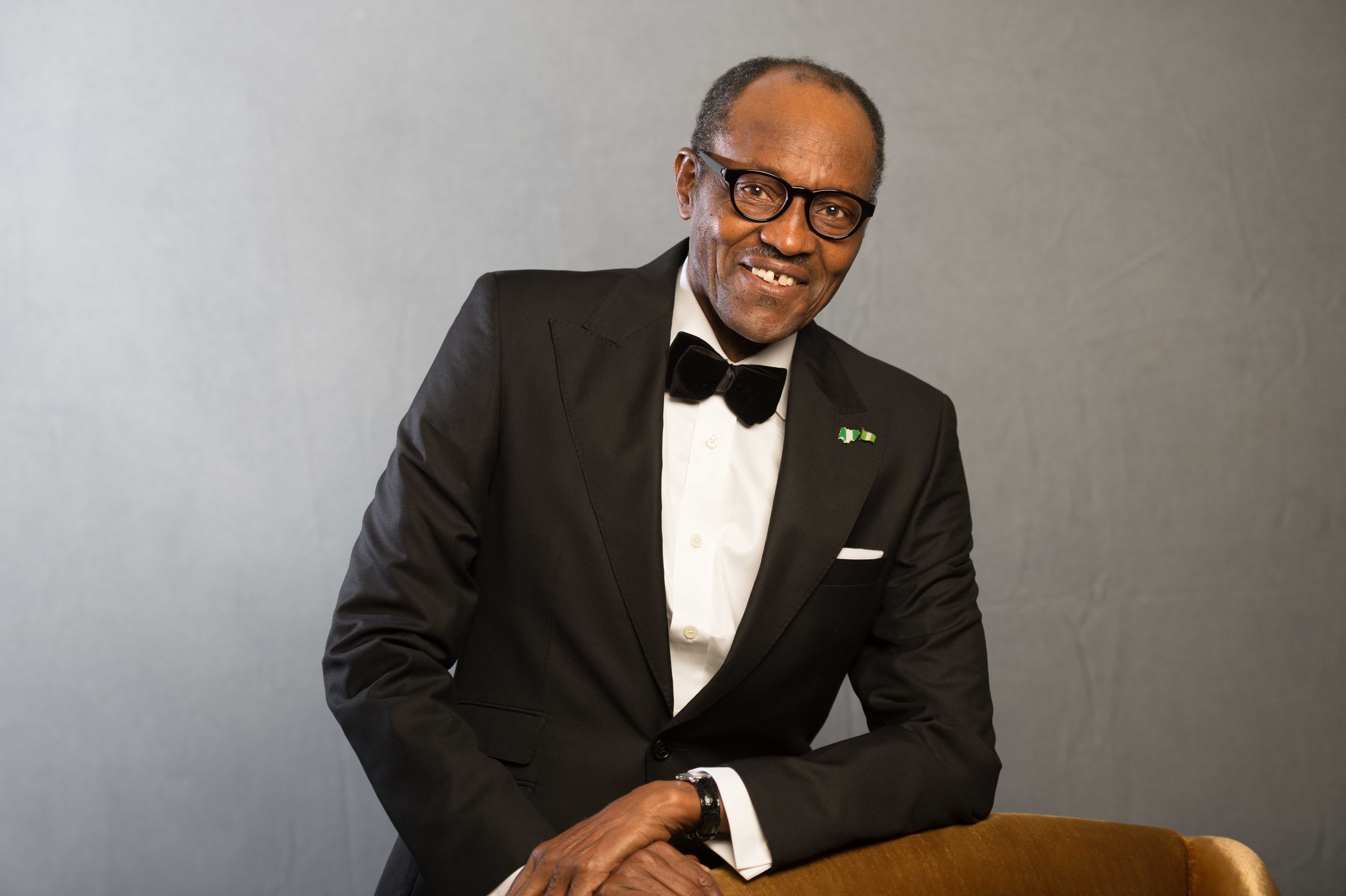By: Ross Alabo-George
Port Harcourt.
I read through the Leaders section of The Economist magazine of February
7, 2014 and couldn’t but have a good laugh. The truth is that I saw it
coming, I just did not know that it will come so soon. The Economist in
that opinion column titled ” ” suggested that General Muhammadu, the
flag-bearer of the APC, is a better candidate; only after describing him
as ” a former military dictator with blood on his hands.” It also
described the former despot a ” nasty, brutish and mercifully short,” but
then went ahead to suggest that such a man is the best candidate amongst
all the aspirants to be president of Nigeria in 2015, even after admitting
the exceptional performance of the Nigerian economy under Goodluck
Jonathan.
The magazine condemned President Jonathan for not doing enough in
confronting the Boko Haram menace that has claimed almost 18,000 lives and
for not doing enough to tackle corruption. Just the same kind of narrative
you hear from Lai Mohammed, the spokesperson for the main opposition
party, the All Progressives Congress.
First, you must understand the politics. The Economist is anti- Israel.
Then also remember that the UN security council rejected a Palestinian
resolution demanding an end to Israeli occupation within three years after
Israel and the US crucially intervened to persuade Nigeria to abstain from
voting. So, The Economist, like some other radical supporters of
Palestine, consider that Nigeria is responsible for that shattering
defeat.
In a popular Arutz Sheva Oped “Giulio Meotti Takes on The Economist,”
Meotti, an Italian journalist who writes for The Wall Street Journal and
Arutz Sheva, wrote that ” in the Middle East, The Economist has a radical
anti-Israel agenda.”
He stated further:
In 2004 The Economist hosted a debate in London on the motion “The Enemies
of Anti-Semitism are the New McCarthyites”, meant to demonize the few
journalists and professors who denounced the rampant anti-Semitism in the
UK.
Last March, the week after the massacre of Fogel’s family in Itamar, The
Economist published a cartoon comparing Israel’s construction of 400
apartments in the “settlement blocs” to Qaddafi and Assad, who massacred
their own people. In the same number, The Economist denounced “the new,
supremacist form of Israeli ‘Jewishness’”.
While the magazine has no problem with “IRA terrorists” or “Kurdish
terrorists”, it does not say “Hamas terrorists”. The difference is not
accidental. There is a semantic and a legal distinction between branding a
group terrorist and merely charging it with terrorist acts.
Says The Economist: “Palestine does not fit the September 11th template.
For this is terrorism harnessed to a deserving cause: the independent
statehood that America itself has taken pains to say it supports”.
Finally, if you are still trying to believe what you are reading, see this:
The Economist magazine endorsed General Buhari’s namesake, Muhammad Morsi
of the Muslim Brotherhood in Egypt just a week to the Egyptian general
elections in 2012, because the magazine was convinced he was the one that
could fight Israel.
http://www.businessinsider.com/the-economist-has-endorses-the-muslim-brotherhood-in-this-weekends-egyptian-election-2012-6
Beyond any shade of doubt, The Economist has endorsed Buhari not out of
love for Nigeria, but out of hate for the state of Israel.



